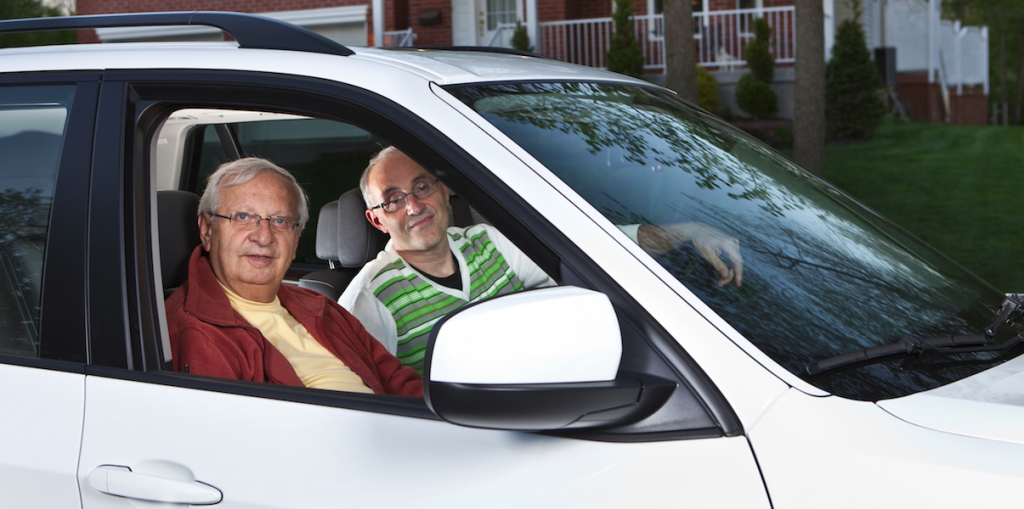Recently, services like Lyft, AirBnb, and Uber have taken the tech-savvy generation by storm. These services have evolved from the “sharing economy”—a society based entirely on peer-to peer transactions, where both parties achieve monetary success from the interactions.
An economy based on the kindness of strangers seems to be counterintuitive in today’s age of skepticism. Stories like The Craigslist Killer have infiltrated the collective psyche of those using these services. The last thing you want to worry about is the possibility of being imprisoned when you’re picking up the gardening tools you’ve rented from someone on rentoid.
I’m not trying to be a Debbie Downer about trusting your fellow human beings, but a quick Google News search yields dozens of headlines claiming that Uber customers were picked up by ‘sexual deviants’ or overcharged by exorbitant amounts.
The “Taking Economy”
In some ways the sharing economy is also a ‘taking economy.’ According to Vice, Uber and Lyft are undercutting the union and livery organization that provide thousands of taxi drivers job security in large cities like Chicago, New York, or Boston. Ridesharing services roll into cities and set up shop without following the same application processes that structure the industry. This changes the dynamic of the economy by outcompeting existing taxi services, offering a more affordable service.
Recently the CEO of Uber indicated that he would like to use self-driving vehicles in the future. With fleets of self-driving cars, Uber could (theoretically) ‘take’ more jobs. Obviously this starts to move away from the idea of a “shared economy,” and places the focus solely on economic gain.
Sharing is Caring
A true sharing economy must be cultivated from the desire to live using only the essentials. Not everyone needs a chainsaw or a weedwacker, but in this day and age it seems like people have two or three!
The sharing economy cuts down on the excess that clutters our lives, and ultimately helps us live more productive lives. Companies like AirBnb and Uber—as well as several other companies that evolved from the sharing economy—forgo the traditional business model and take an unorthodox approach that removes the corporate middleman. This approach engages real peer-to peer interactions, builds trust, and creates a mutualistic relationship, where both parties benefit the transaction. And with urbanization on the rise, the sharing economy provides favorable options for people who don’t want to own their own car, tool shed, or vacuum cleaner.
Keeping the Growth Healthy
All things considered, I think that the “sharing economy” is both powerful and positive, but ultimately faces a lot of challenges. Skepticism and greed are two of the biggest obstacles for the success of this business model. People will always be (at least a little) dubious of the true intentions behind a stranger doing a service for them. In addition, it’s important to keep in mind that the primary goal of for-profit companies like Uber is monetary success, not necessarily to expand the sharing economy.
The unyielding success of these services speaks to the fact that the “sharing economy” has indeed arrived, and personally, I’m thrilled about it!
What do you think about the sharing economy? Love it? Hate it? Let us know in the comments!
 John Stewart is a marketing intern for WP Engine. He’s a Communication Studies major with a minor in English at TCU, and is a rock climbing and music enthusiast.
John Stewart is a marketing intern for WP Engine. He’s a Communication Studies major with a minor in English at TCU, and is a rock climbing and music enthusiast.


1 Comment